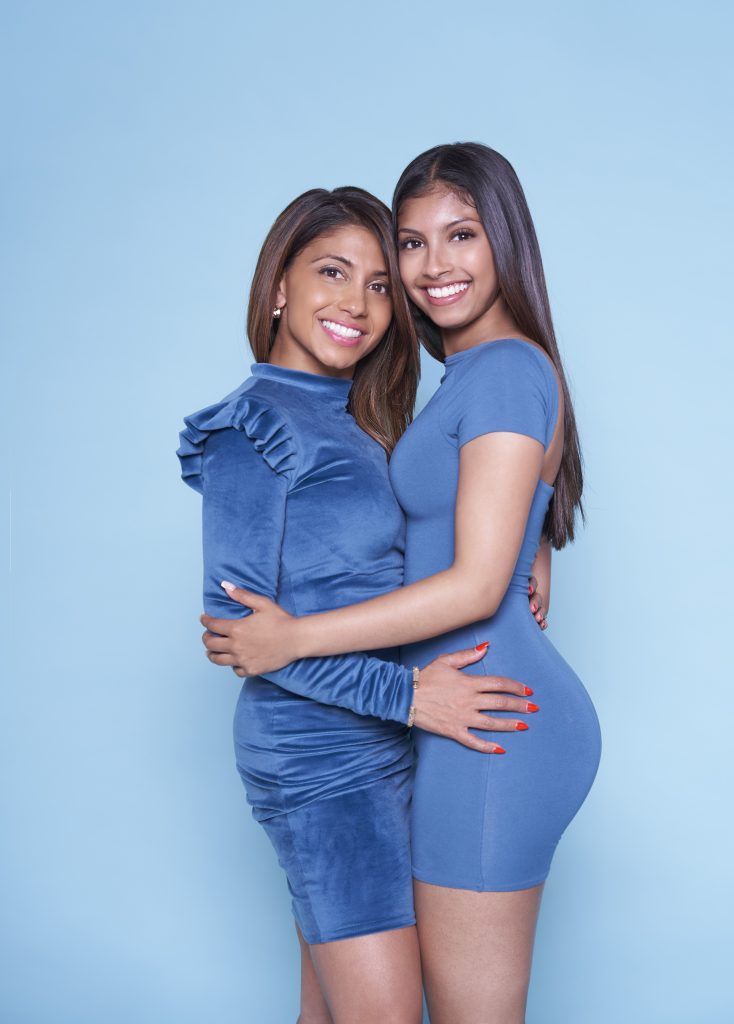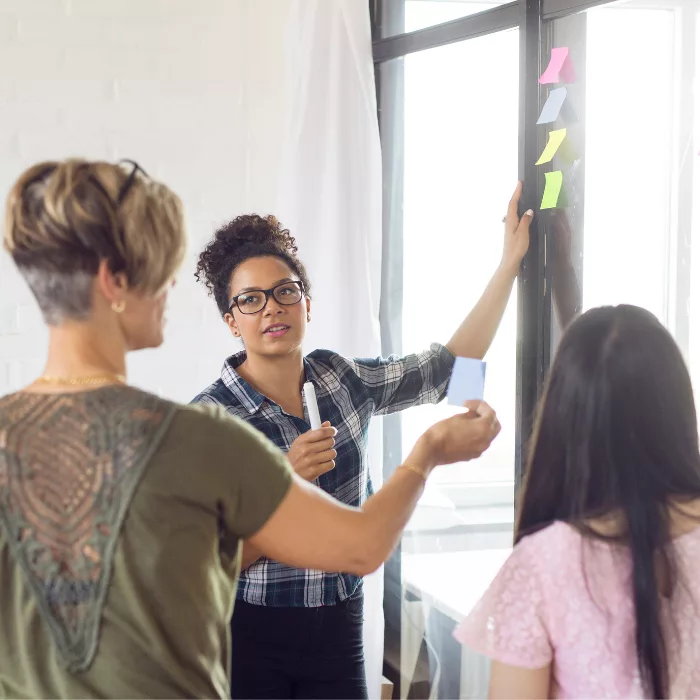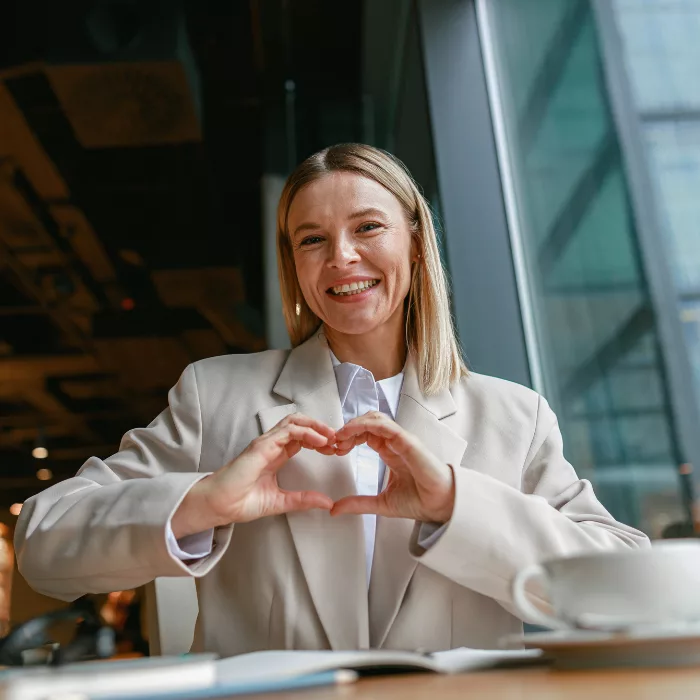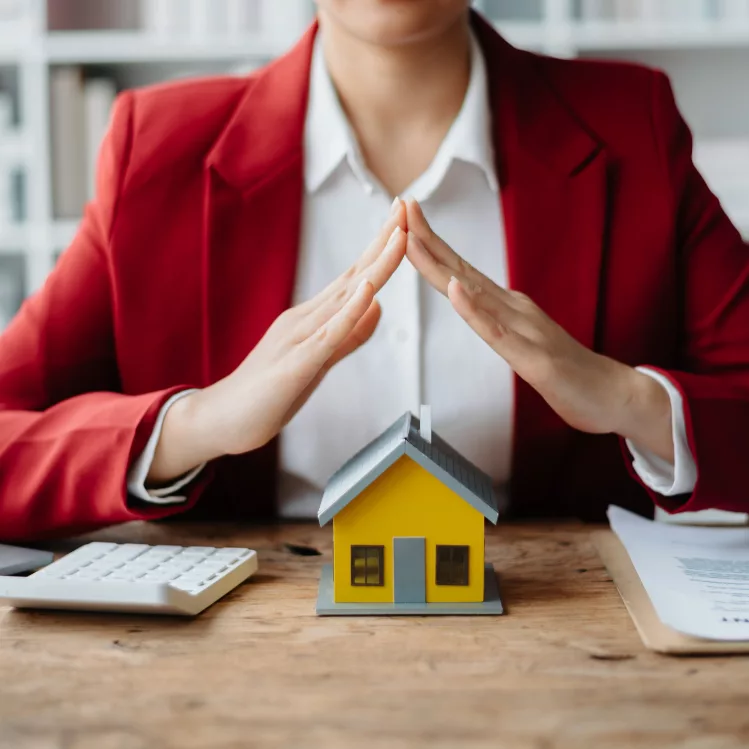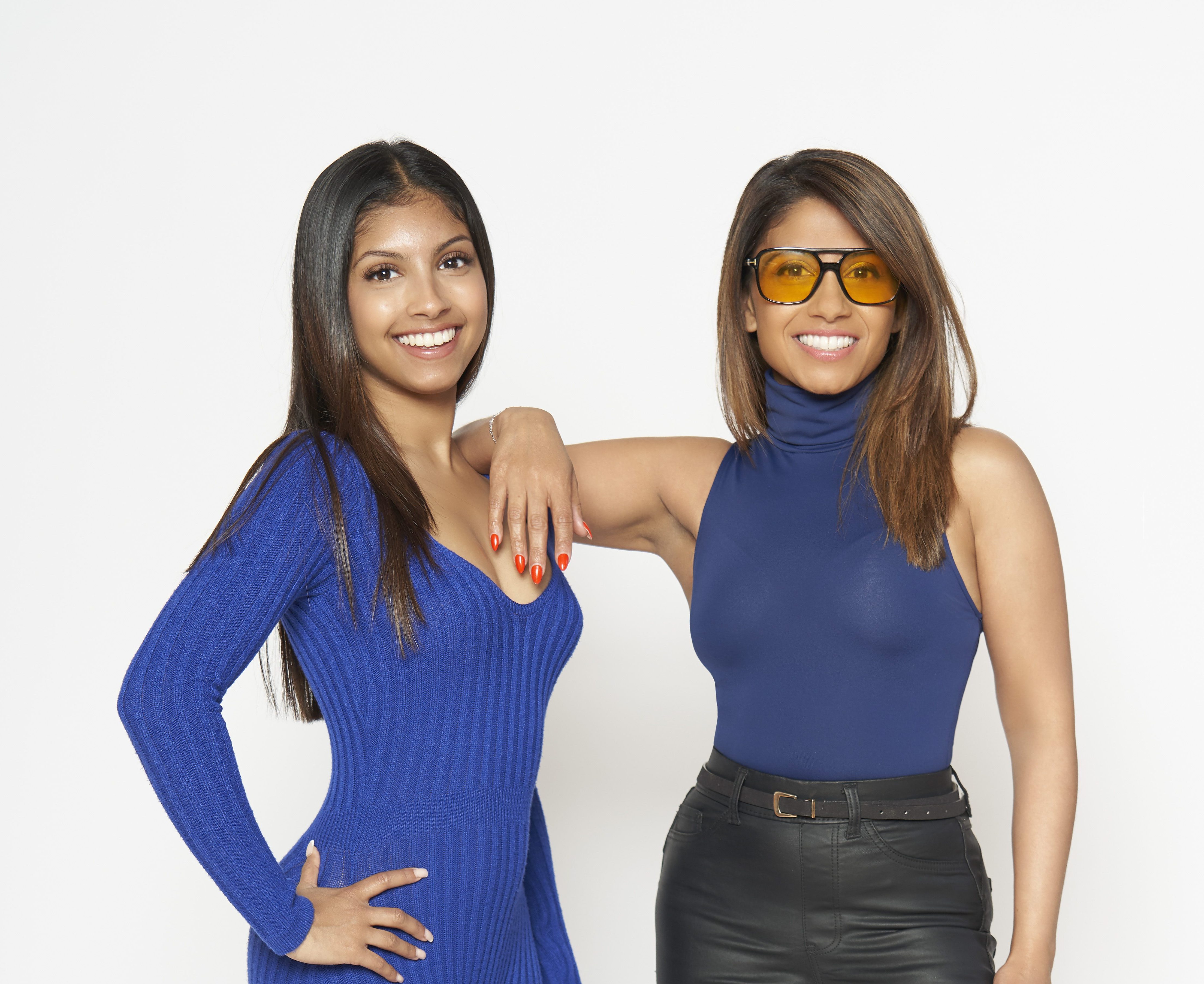
Jo-Ann & Sienna: From Personal Struggle to Philanthropic Success — A Mother and Daughter’s Quest for Autism Advocacy
Photo Credit: Alan Strutt
Global Woman Magazine is proud to feature Jo-Ann D’Costa Manuel and her daughter Sienna in an online article that highlights their incredible work in disability advocacy and support. Jo-Ann’s personal experience as a parent of a child with autism has inspired her to dedicate her life to improving the lives of children with autism and their families.
She spearheaded the Autism Quiet Hour in supermarkets, and her work as Autism Ambassador for Virgin Atlantic has made a significant impact on millions of travellers every year. She is now personal charity ambassador to John Caudwell focusing on his charitable objectives including Caudwell Children and Caudwell Youth.
Meanwhile, Sienna has learned important lessons about leadership and advocacy from her family’s philanthropic work and has taken it upon herself to be a voice for many who are not heard. She believes that maintaining the correct set of rights and needs that young girls receive starts with teaching everyone to have respect for others from a young age.
Join us in celebrating the incredible work of Jo-Ann and Sienna and their commitment to creating a more inclusive and supportive world for all.
Jo-Ann D’Costa Manuel OBE
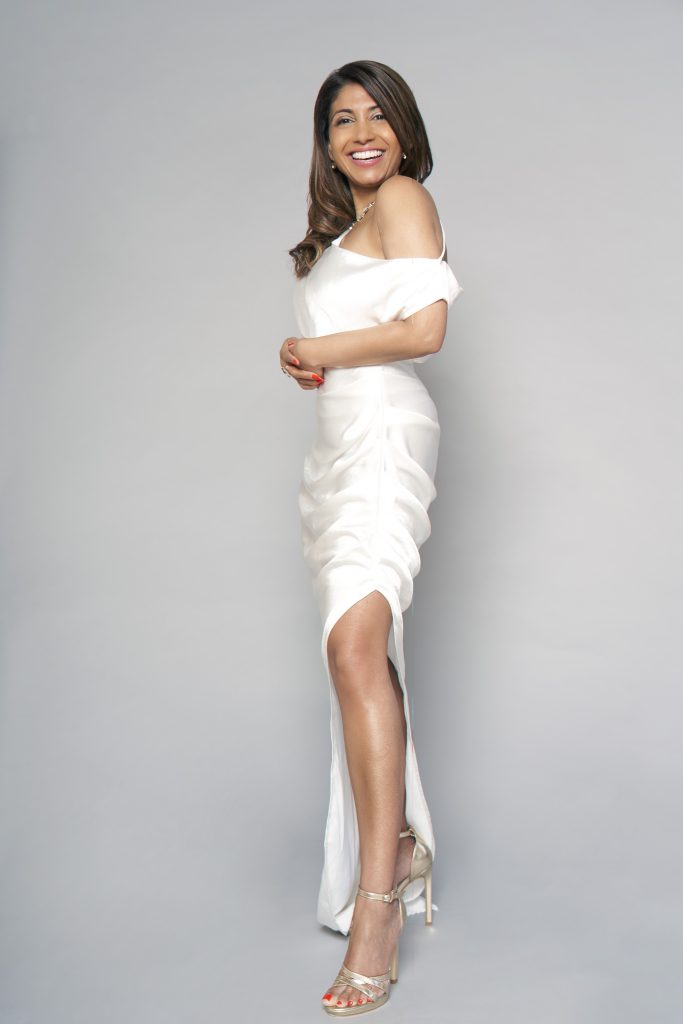
What inspired you to become involved in philanthropy and dedicate your time to supporting disabled children?
When my younger son was diagnosed with autism, I was devastated to learn there was no clear path or support network for parents. You are given your child’s diagnosis, a pat on the back, and a few leaflets for good measure.
I had to navigate my way through the dark while trying to keep our family together; the emotional, financial, and mental pressure is indescribable. Once we found our feet and carved a positive path forward, I knew I wanted to prevent as many families as possible from walking the same painful route.
I didn’t want anyone to ever feel alone, and I made a promise to dedicate my life to improving the lives of children with autism and their incredible families.
How has your personal experience as a parent of a child with autism shaped your approach to advocacy and support for disabled children and their families?
My journey has made me extremely passionate about personal empowerment, especially for mothers.
It is so easy to crumble very quickly, to lose your identity, purpose, and confidence, and to feel like a failed mother and woman.
The irony is that these women are in fact some of the most incredible, strongest, resilient, and loving women walking this planet, and I am passionate about supporting them and changing their outlook in the same way I changed mine.
Can you tell us about a particularly impactful project you have worked on in the past and how it made a difference in the lives of those you were supporting?
I am particularly proud of spearheading the Autism Quiet Hour in supermarkets. I remember scribbling ideas down on a notepad, trying to create something new, inclusive, and impactful. While it ran in our local superstore, it attracted worldwide press, and the domino effect was phenomenal.
I also consulted closely with the National Autistic Society, which later that year took the baton and ran with it. Supermarkets and shops across the globe now run Autism Quiet Hours, which of course helps children and families immensely but also makes the public much more aware.
I was also appointed Autism Ambassador for Virgin Atlantic and am particularly proud of the Hidden Disability Symbol, which now supports millions of travellers every year.
Both concepts were created after horrendous shopping trips and air travel. I didn’t want to sit back and complain; I wanted to turn my negative experience into a positive and create future change.
What are some of the biggest challenges you face in raising awareness and implementing practical change for disabled children, both nationally and internationally?
When I first started eight years ago, it was almost a blank page. My biggest challenge was shining a huge spotlight on hidden plights while making them appealing to the public.
I started creating videos on social media that had a two-pronged focus: to support children and families but also celebrate inclusiveness and raise public awareness. My videos reached over a million views, and momentum very quickly started to build.
Like most things in life, if a situation doesn’t affect you directly, you switch off; it’s someone else’s story that has little relevance. Autism is the fastest growing neurodisability in the world, and the likelihood of this becoming part of a loved one’s life is growing each day.
Don’t wait until then; be kinder, more understanding, and more patient today. Those little attributes can help a child or family more than you know.
How do you balance your role as a parent with your work in philanthropy, and what strategies do you use to manage your time effectively?
I have the most supportive husband, who is the real superhero behind it all. When I first started, I had no money, only time and passion. He kept the family home running and helped manage my son’s therapy and medical programme on a daily basis.
He is also excellent at timekeeping and keeps me on track! As the years have passed, I have tried to keep all my plates spinning: family, work, fitness, faith, etc. It can be difficult. My son still has a full-time therapy programme alongside school, and I often joke with my daughter that I am her PA with her ever-growing college, social, and dance commitments.
I am not going to deny that it can be tricky to be everything to everyone. Sometimes I just need quiet time for a coffee on my own, a crazy Zumba class, or personal prayer time to help me refresh and restart, ready to go again.
Can you speak to the importance of early intervention for disabled children and how it can impact their long-term outcomes?
When I speak of early intervention, I speak of it for the whole family unit, as everyone is impacted. That is why I am so proud to represent John Caudwell and the Caudwell Children.
He has created an early intervention centre that enables diagnosis and intervention within just weeks. This is ground-breaking, and I am so proud to be part of it.
This is my absolute passion; so many lives are slipping through the net because they are unable to access early intervention at the right time. Huge gains can be made for all; however, cognitive levels at the starting point, parental input, quality and choice of therapy, and hours of therapy all contribute.
I would also like to shine a spotlight on the importance of early support for marriages and siblings. Divorce rates are very high, and siblings growing up with anxiety, low self-esteem, etc. are also important statistics that can be significantly reduced with the right support. When I speak of early intervention, I speak of it for the whole family unit, as everyone is impacted.
When my son was first diagnosed, I was so focused on him, but I knew I couldn’t drop the ball with my daughter. I know that each day I am a role model to her, from the mistakes I make to the gains I celebrate. She sees them all. Little girls around the globe become obsessed at such a young age with Disney princesses, living out the fairy tale, Prince Charming, the happy ending, etc.
When I look at her, I see a future wife, mother, and leader. Like myself, she has no idea what the future holds, but she needs to be ready with strength, self-belief, resilience, kindness, forgiveness, and love. I remember reading a powerful quote that resonated with me. “Teach your daughters to worry less about fitting into glass slippers and more about shattering glass ceilings.”
I have tried to instill in her the desire to always reach for the stars but to always keep her feet humbly and gratefully on the ground. I must also add that while she is extremely beautiful on the inside, she glows just as beautifully on the outside.
How do you approach working with parent groups in Africa and India, and what have been some of the most rewarding experiences you have had in this work?
I work for one of the most inspiring philanthropists of this generation, John Caudwell. To work closely with him and learn from him is a true blessing. He has pledged 70% of his wealth to charitable causes, and I have experienced firsthand that everything he says and does has charity at the heart of it to support others and transform lives.
While I am unable to be philanthropic with money, I am incredibly philanthropic with my time. Time is something you can never get back once it is given away, so it is precious to me. I am originally from Goa, India, but I was born in Nairobi, Kenya. I wanted to volunteer my time to support two incredible early intervention charities: Sethu in Goa and the Autism Society of Kenya.
Parents in these countries also struggle with awareness, diagnosis, and cultural barriers. but ultimately start to become depleted of self-confidence, and depression can quickly creep in when hope feels unattainable. I created an online course to help educate and empower parents.
I made this completely free, and all the parents can access my course anytime and anywhere. It always makes my heart smile when my phone pings and I see a new parent from Goa or Kenya who has enrolled in the course. I know that, in a small way, I am making a difference.
How do you see the field of disability advocacy and support evolving in the coming years, and what changes would you like to see?
I would certainly like to see more support in mainstream schools, teacher training, and TA training, but also inclusiveness on the playground and a reduction in bullying. There is still so much work to be done in this area, and with so much red tape, progress can be slow.
Sienna wrote a primary school book that John kindly distributed to every school in the UK, teaching children about understanding autism and being kind.
I also created an anti-bullying video to educate secondary school children on the impact of their actions in class and at break time. If we all keep chipping away, change will certainly happen.
What advice would you give to other individuals who are passionate about making a difference in the lives of disabled children and their families?
My first piece of advice would be to take care of yourself first. On those dark days, roll your shoulders back. Get up, dress up, show up, feel good about yourself, and then put on your armour to kick some ass!
Family is everything, so make sure you are attending to each family member’s needs—physically, mentally, and emotionally. Once you and your family are well, look to change the world. Dream big, knock on doors, be a voice for others, and believe you have achieved it before you even start…
Sienna
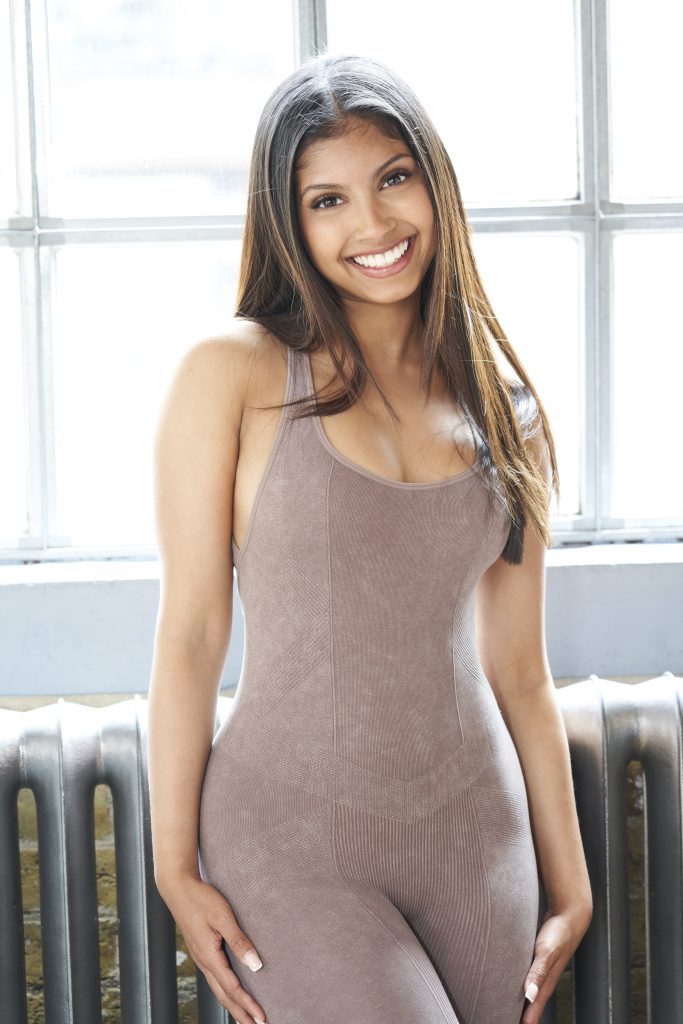
As a young woman growing up in a family dedicated to philanthropy and social change, what are some of the most important lessons you have learned about leadership and advocacy, and how have these lessons impacted your own personal growth and development?
Growing up, I learned that in life, you must have a strong mind and a good heart. It is important to be the voice for many who are not heard and a guide for those who feel lost. You can be a leader at any age.
At 12 years old, I wanted to teach primary school children the importance of kindness and acceptance and to be an advocate for children like my brother. It was distributed to every school in the UK and helped me realise that I can achieve anything I set my mind to.
What are some of the biggest challenges you see facing girls and young women with disabilities today, and how can we work together to create more inclusive and supportive communities for all?
There is a lot of pressure on girls in my generation to look, act, and speak a certain way to gain their own social worth and respect. A false beauty standard has been cast over young girls, and they often compare themselves to an unrealistic calibre of women. I am guilty of this.
As a young teenage girl, you go through a lot of self-development, both physically and mentally, that sticks with you throughout your whole life. A lot of the pessimistic and unhealthy habits we feed ourselves at a young age leak into adulthood and tend to affect how we view others.
From a very young age, I watched people judge my family purely based on our appearance, and situations were put in place simply because they did not understand. Therefore, I have always made it my priority not to judge anyone on first glance or based on a situation I have seen or heard, because that is simply not fair.
In order to create a more supportive community for all, no matter where, when, or with whom, as individuals, we have to personally learn the simplicity of not judging others. By taking on that role for us, we essentially open the gateway for inclusivity, acceptance, and support for others.
As for myself, I will judge every woman as if she were my mother and every young girl as if she were my sister, allowing me to always have an open mind and heart, as many should too.
Can you speak to the importance of mentorship and role models in your own personal and professional development?
Many would agree that I am my mother’s daughter, as we always innocently yet annoyingly get asked if we are sisters (despite our 30-year age gap!).
As my sibling rightly got a lot of attention when he was diagnosed, it was inevitable that at times I would be left out and not prioritised, leaving me often feeling alone and confused. As at the most challenging times of my brother’s life, I was not to be the focal point.
Despite this, my mom and dad most definitely made sure that I still had a beautiful childhood, and rightly so, I can only ever remember the good times. Only now do I realise that despite all the stress and sorrow they were going through, they still fought for me.
I always took to the innocent and kind-hearted teachers in my schools, right from kindergarten up until the present day. As my parents only ever showed me love and kindness, it was something I found comfort in and cherished a lot in others as I grew up.
In more recent years, as I am fast approaching adulthood, I have seen that my mom shares the love that she has given me my whole life with whoever she meets, no matter who they are.
She has the biggest heart and cares for others almost too much. My mom is someone I look up to each day, as she has taught and continues to teach me more and more by the second. She is like the sister I never had, the mother I cherish and love, and the woman I aspire to be like in so many ways.
How do you see the field of disability advocacy and support evolving in the coming years, and what changes would you like to see, particularly in terms of supporting the rights and needs of girls and young women with disabilities?
With the outburst and control social media has taken over the upcoming generation of youth, there seems to be a lot more room for support and a lot more ease in finding a community of people who can relate to you and support you. However, this increase in social exposure also means there is more room for negative behaviour to break out.
Young girls are more at risk of getting verbal and written abuse in today’s generation than ever before! Younger girls are often influenced by trends and society’s social media standards that seem harmless at first but can have a detrimental effect on the mental health of others, as I am sure you are aware.
To maintain the correct set of rights and the needs that young girls receive, we must teach everyone (not just the girls) to have respect for others from a young age. Having self-awareness from a young age is very important. If you say something to or about someone, make sure that you are proud of it.
